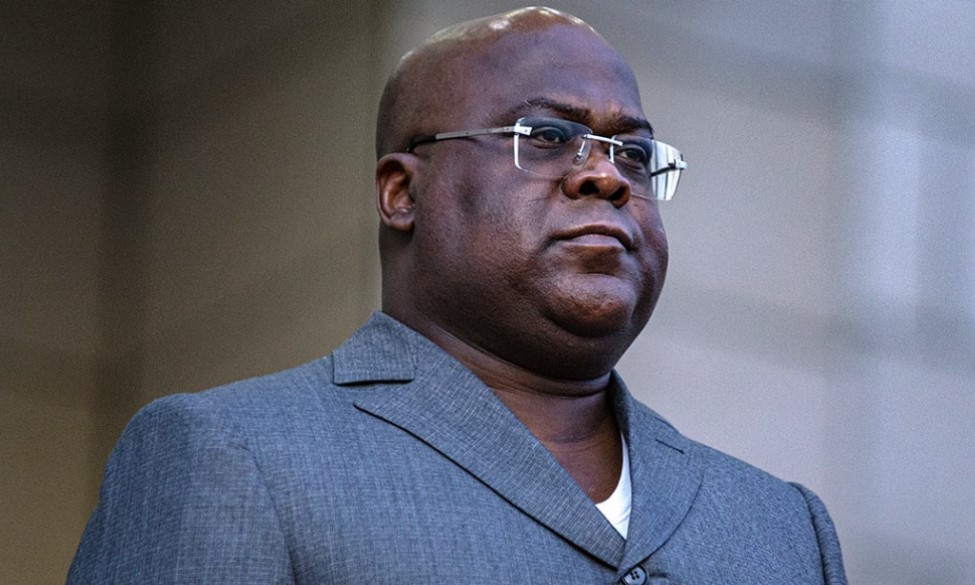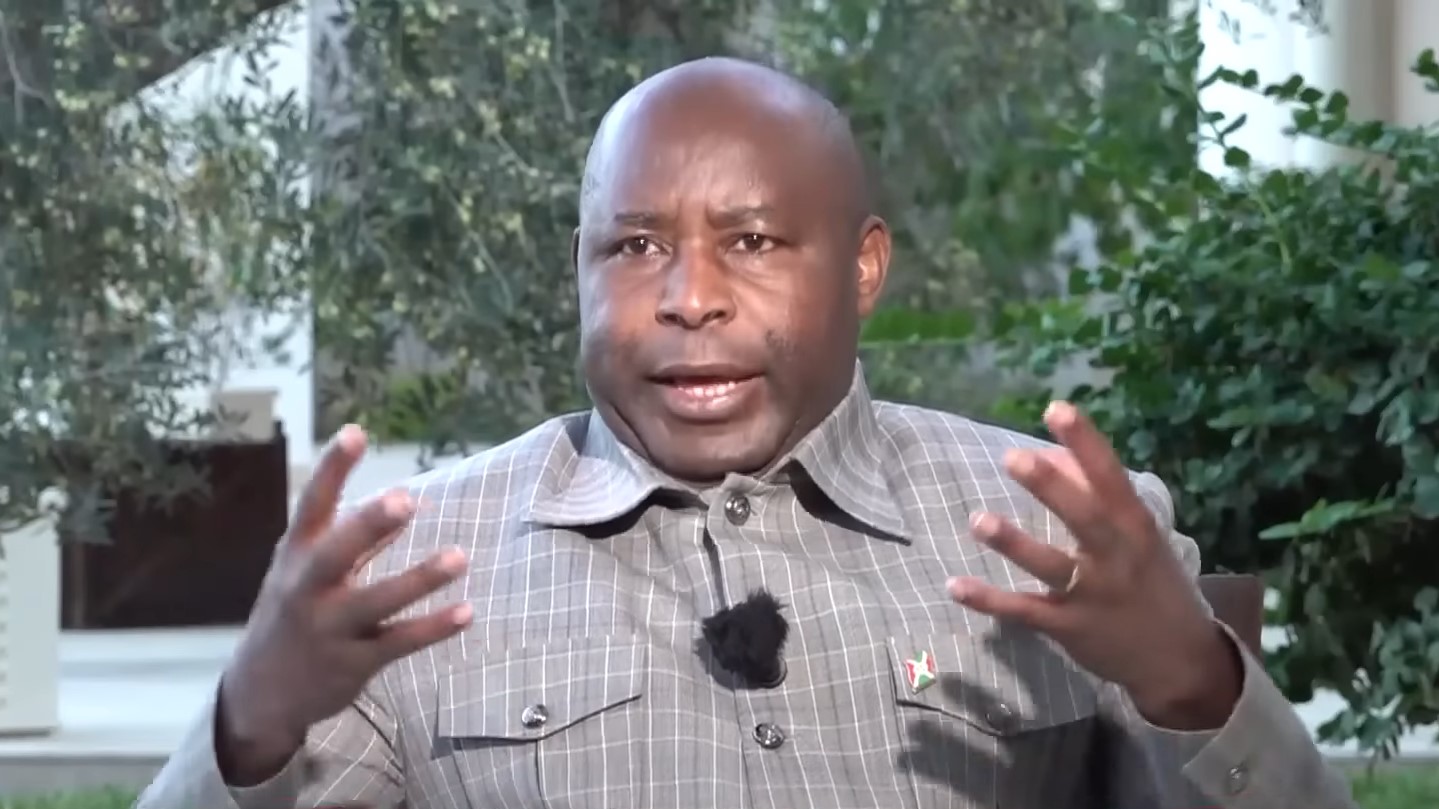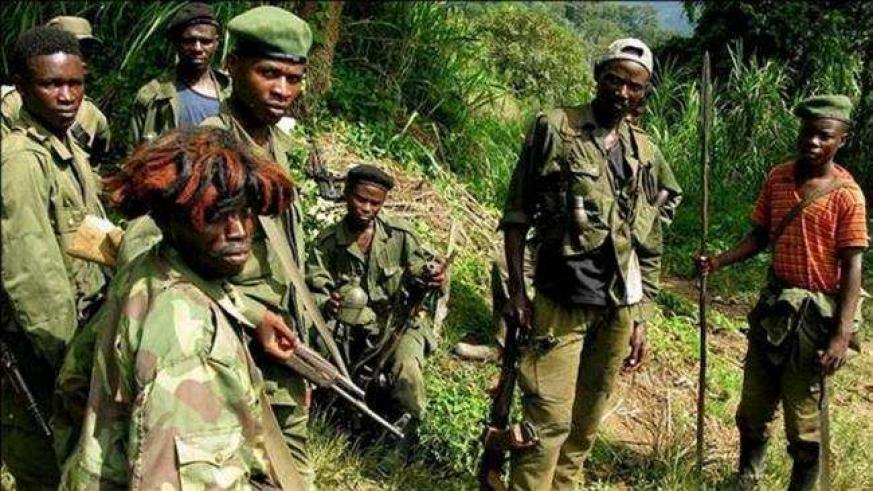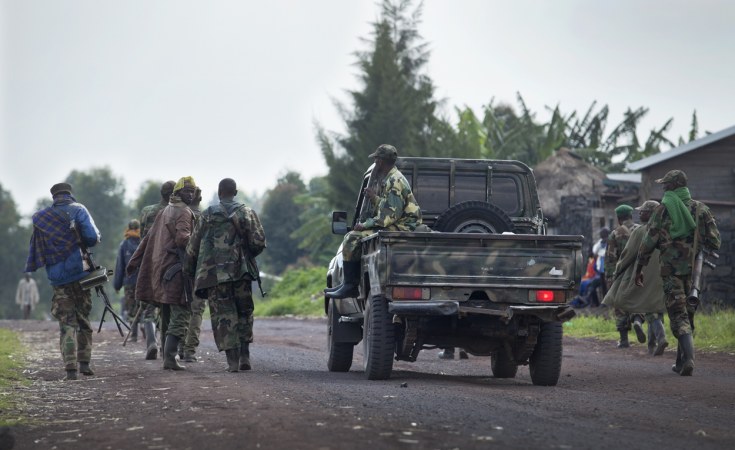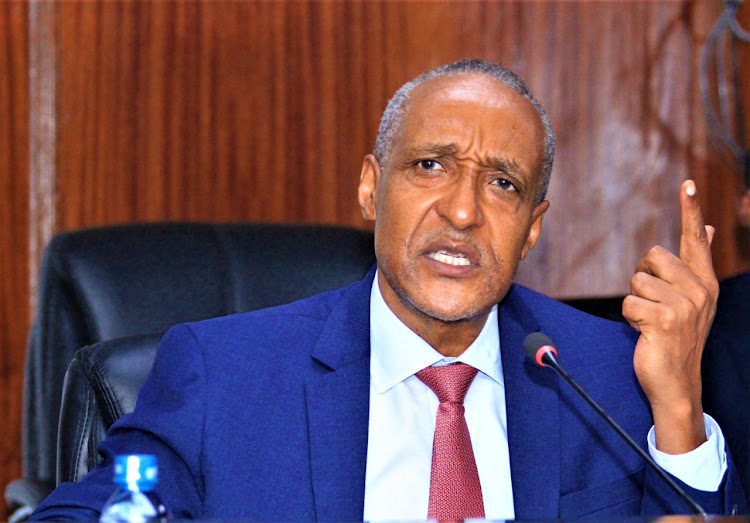Regional
Of DRC officials’ double standards in meetings, media
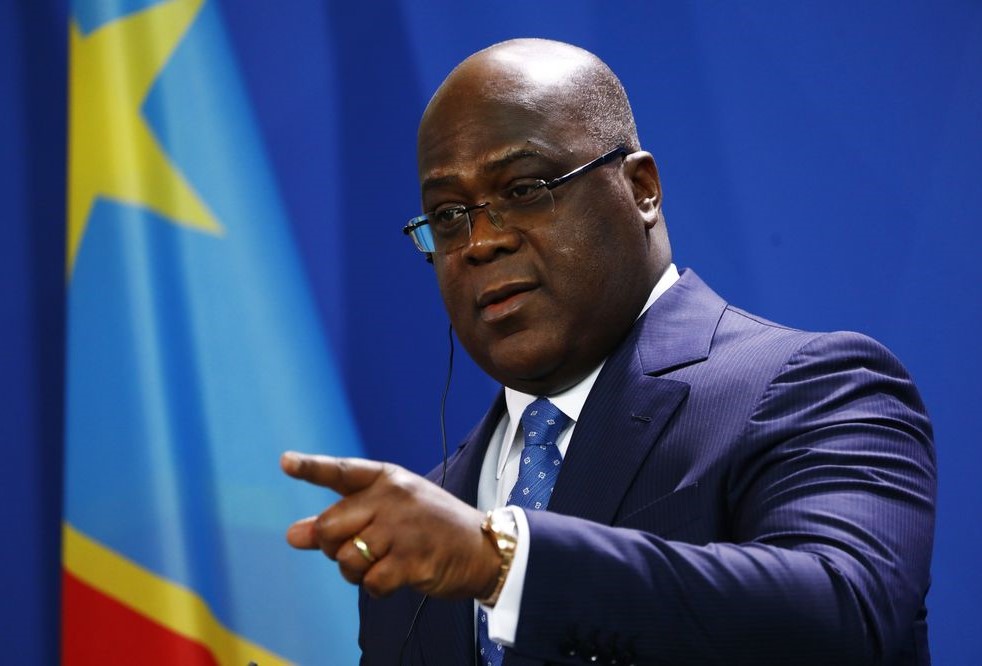
Ever
since the war between the Congolese army and the M23 rebel group began,
Congolese officials have relentlessly used the media to blame neighboring
countries, especially Rwanda, for their own failures.
Behind
closed doors, the Congolese agree and sign agreements but never implement them.
But when talking to the media, the Congolese government will report the
opposite of what has been agreed on.
President
Félix Tshisekedi, Prime Minister Sama Lukonde and Government Spokesperson,
Patrick Muyaya, have, on several occasions, said that the M23 rebellion is not
a Congolese issue, claiming that the rebel group is simply made up of Rwandan
troops. Blame games by Congolese officials who seek to rise in politics and,
or, attract sympathy among Congolese citizens have become a key political tool
for their upcoming December 2023 presidential elections.
When
Tshisekedi and his delegation were in Luanda for a regional mini-summit, on
November 23 – in front of the host, President João Lourenço of Angola,
President Evariste Ndayishimye of Burundi, Rwanda’s Minister of Foreign Affairs
Dr Vincent Biruta and the EAC facilitator, and former President of Kenya, Uhuru
Kenyatta – he acknowledged that M23 are Congolese and should be cantoned in DRC,
before the demobilization and repatriation of Congolese refugees.
It
was the first time that a Congolese leader actually openly admitted that the
M23 are Congolese citizens.
While
in the Angolan capital, Tshisekedi signed an agreement which stressed the need for
his government to stop military and political support to the FDLR, a Rwandan
genocidal militia that has found a safe haven in his vast country’s east for
nearly three decades.
However,
in September, during the UN General Assembly, Tshisekedi said that the FDLR is
nonexistent and therefore not a threat to Rwanda anymore. The militia largely
comprises remnants of the perpetrators of the 1994 genocide against the Tutsi
in Rwanda. They fled to eastern Zaire, now DRC, in 1994, when the current
Rwandan government stopped the genocide in which more than one million Tutsi
were massacred in 100 days.
Patrick
Muyaya has also been lying about the threat posed by this genocidal militia
whenever he speaks in the media. This contradiction shows the doubles standards
and lack of the political, and military, will to uproot the main cause of
insecurity in eastern DRC.
According
to the Luanda roadmap and the agreements signed on November 23, during the
Luanda mini-Summit, FDLR combatants are supposed to lay down their arms and
initiate their unconditional repatriation to Rwanda. Political-military support,
by Kinshasa, was to be stopped on the day the communique was signed.
A
day before the mini-Summit, the UN radio in DRC, Radio Okapi, reported that the
M23 rebels had engaged the coalition comprising the Congolese army, FDLR, and
Mai-Mai Nyatura, on multiple fronts in Kishishe village in Rutshuru territory. The
M23 rebels are fighting for the rights of Congolese Kinyarwanda speakers in
eastern DRC.
The Nairobi
and Luanda agreements are not the only agreements that tackle the disbarment
and repatriation of FDLR. In July 2002, the Pretoria agreement signed between
Rwanda and DRC entailed that Rwanda pulls its troops out of DRC in exchange for
international commitment towards the disarmament of all the genocidal militia forces.
Failure to implement the Pretoria Agreement led to the creation of CNDP which
later became the M23. When Rwandan troops later left Congolese territory, the FDLR
attacked the Tutsi Congolese, who then created an auto defense group known as
CNDP.
The
history of the killing of North Kivu’s Congolese Tutsi community, by FDLR, is
the key to understanding the motivations and frustrations that led to the birth
of CNDP, and later, M23. The DRC government, on March 23, 2009, signed an
agreement with CNDP which was not respected, hence the birth of the M23 movement
– as a way of reminding the government what it signed. Among others, the March
23 agreements called for the repatriation of Congolese refugees after securing
both North Kivu and South Kivu and send Interahamwe back to Rwanda.
Instead,
Kinshasa chose to deploy former CNDP officers far out of the Kivus while Interahamwe
remained very active. This was the main reason why the return of Congolese
refugees failed. With the Rwandan genocidal militia wrecking havoc everywhere
in the region, the Congolese Tutsi never felt safe to return home.
Instead
of accepting to be deployed in regions far away from home, CNDP officers
defected and formed the M23 group, which is fighting the FARDC-FDLR-Mai Mai Nyatura
coalition, among others.
For
the last 22 years, Congolese officials have signed different agreements to
bring back peace in east DRC.
Their
refusal to implement the agreements led to the creation of more and more armed
groups simply because of corruption and Congolese troops’ collaboration with
local and foreign armed groups.
If
Tshisekedi really wants peace, he should implement the agreements his government
signed rather than creating local armed groups to fight each other.



